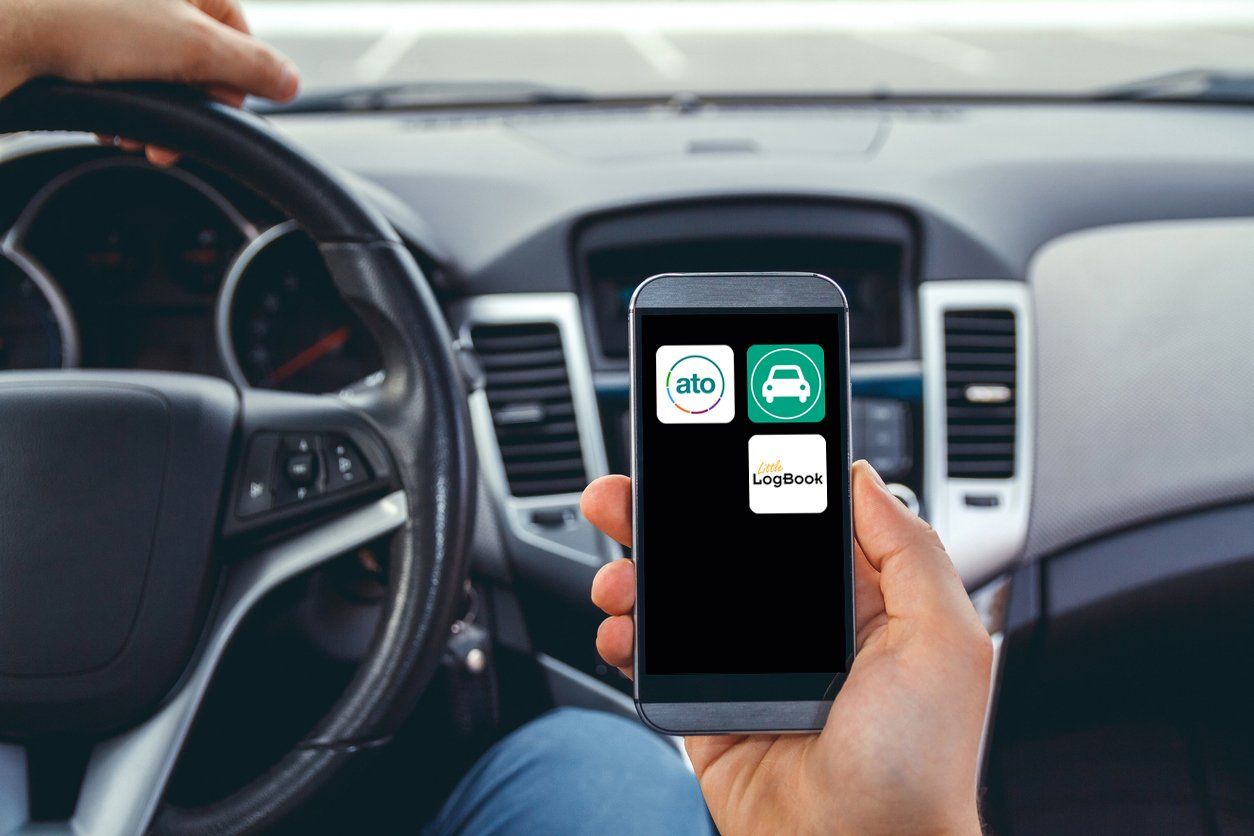Vehicle logbooks: Paper vs Electronic

When do you need to use a vehicle logbook?
If you’re claiming a tax deduction for car expenses in Australia, you’ve got two options:
1. cents per kilometre method
2. logbook method.
Under the cents per kilometre method, you can claim a maximum of 5,000 business kilometres per car without written evidence.
For claims over 5,000km, you’ll need to keep a logbook.
Under the km logbook method:
- you need a logbook and the odometer readings for a minimum continuous period of 12 weeks
- you can claim fuel and oil costs based on receipts or you can estimate the expenses based on odometer records that show readings from the start and the end of the period you had the car during the year
- you need written evidence for all other expenses for the car – expenses include running costs and decline in value but not capital costs, such as the purchase price of your car, the principal on any money borrowed to buy it and any improvement costs
- your log is valid for the next five years, as long as the logbook is indicative of everyday use.
Logging those kilometres: what’s involved?
In days gone by, you would have been required to keep a physical logbook, bought from a stationery supplier, and diligently track a WHOLE LOT of details over a continuous 12-week period, which would be used as a sample to work out your deduction for the financial year.
The Australian Tax Office (ATO) website provides a comprehensive list of the details you're required to record in your logbook. These include:
- the car’s odometer readings at the start and end of the logbook period
- the total number of kilometres the car travelled during the logbook period
- the business-use percentage for the logbook period
- the number of kilometres travelled for each journey recorded in the logbook.
That’s a lot of squinting at the odometer and careful printing in biro – feeling tired just thinking about it? We hear you. And so do the many software developers who’ve endeavoured to make the job easier.
Paper vs digital
Spoiler alert: digital’s better.
Look, paper does have its perks. Some might argue that pen and paper feel more reliable and concrete, and – for the technophobes among us – less daunting to use.
But the case for digital is stronger. Digital logbooks can:
- record your trips using GPS (or allow you to enter them manually)
- make the process faster (less squinting at the odometer, etc)
- protect you better from user errors (if you forget to log a trip, for instance, you can later add your start and end points and your mileage can still be worked out accurately)
- allow you to backup your data in case your device is lost or damaged
- if they’re ATO compliant, export your records at tax time – easy peasy.
A word of advice: most logbook apps rely on GPS tracking, so keep a phone charger handy.
What are the digital options?
There are plenty out there. Here’s a quick overview of three best car log book apps:
- the ATO’s own app
- Driversnote app
- Little LogBook, a digital device that plugs into your car.
ATO app
Available on: iOS, Android and Windows Phone
Free
The ATO app allows you to track a range of deductions using myDeductions, as well as logging car trips using your choice of GPS, point-to-point calculations, or odometer readings. Since it belongs to the ATO you can trust that it’s in line with all the latest tax regulations, and you can upload your deductions directly to your tax return.
Driversnote app
Available on: iOS and Android
Free (Lite version) or paid (Basic and Enterprise versions)
Driversnote is popular and highly rated by reviewers. It supports most countries and has default government mileage tracking values for Australia, plus the US, the UK, Canada, Denmark and Sweden. It’ll track mileage using your phone’s GPS, or you can opt to enter trips manually. And it’s ATO compliant – just export your data to a spreadsheet or PDF at tax time.
LittleLogbook
No smartphone required
$99.95 one-off purchase
Little Logbook isn’t an app – it’s a GPS logging device that plugs straight into your car with a USB adaptor. Designed in South Africa, with dedicated editions for Australia, South Africa, the US and New Zealand, the software works worldwide. If you forget to track a trip, you have the option of manually entering the data later. Plug the USB into your computer to backup your data and generate reports.
Need more advice?
Our professionals are happy to help you navigate the ins and outs of vehicle logbooks. Get in touch with us today.
Need help with your accounting?








